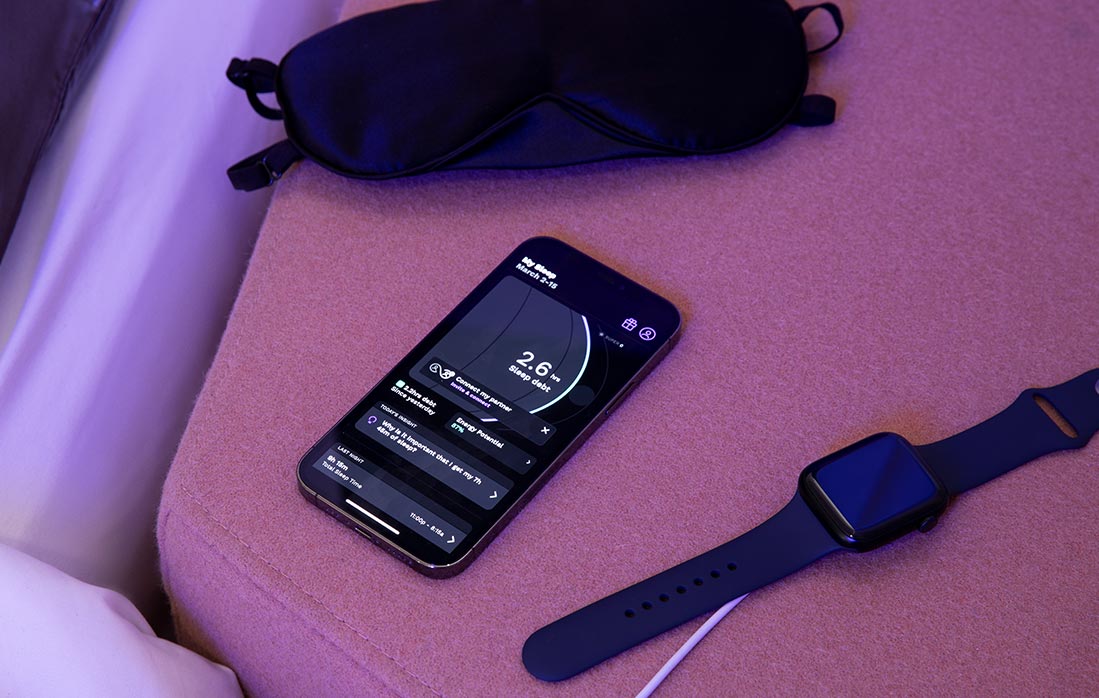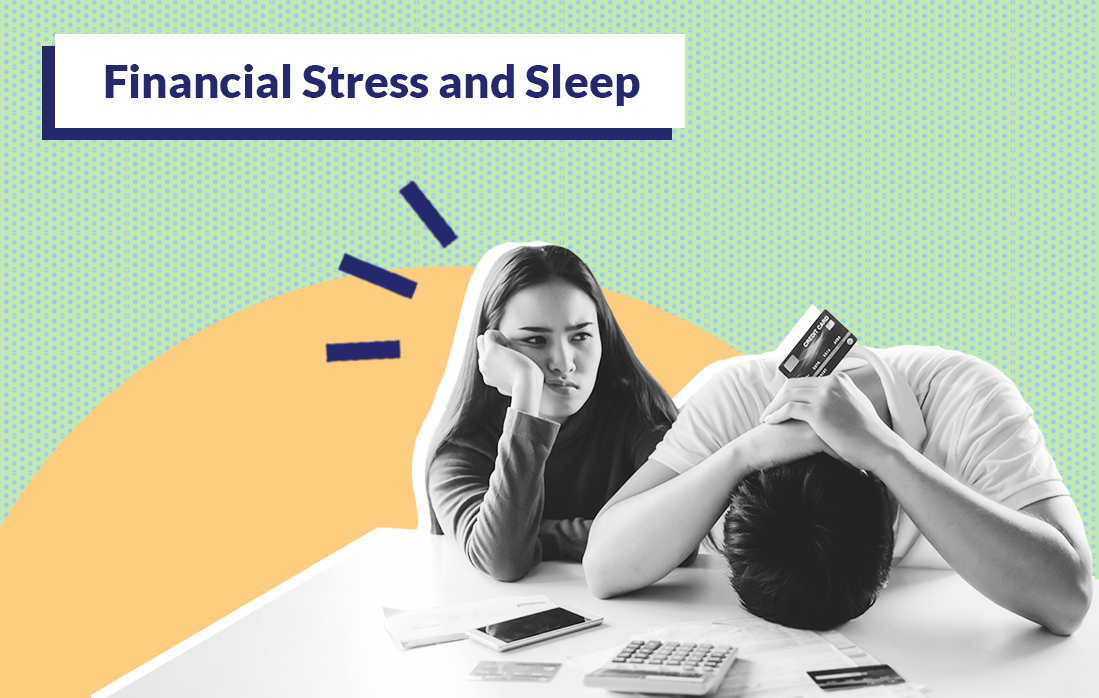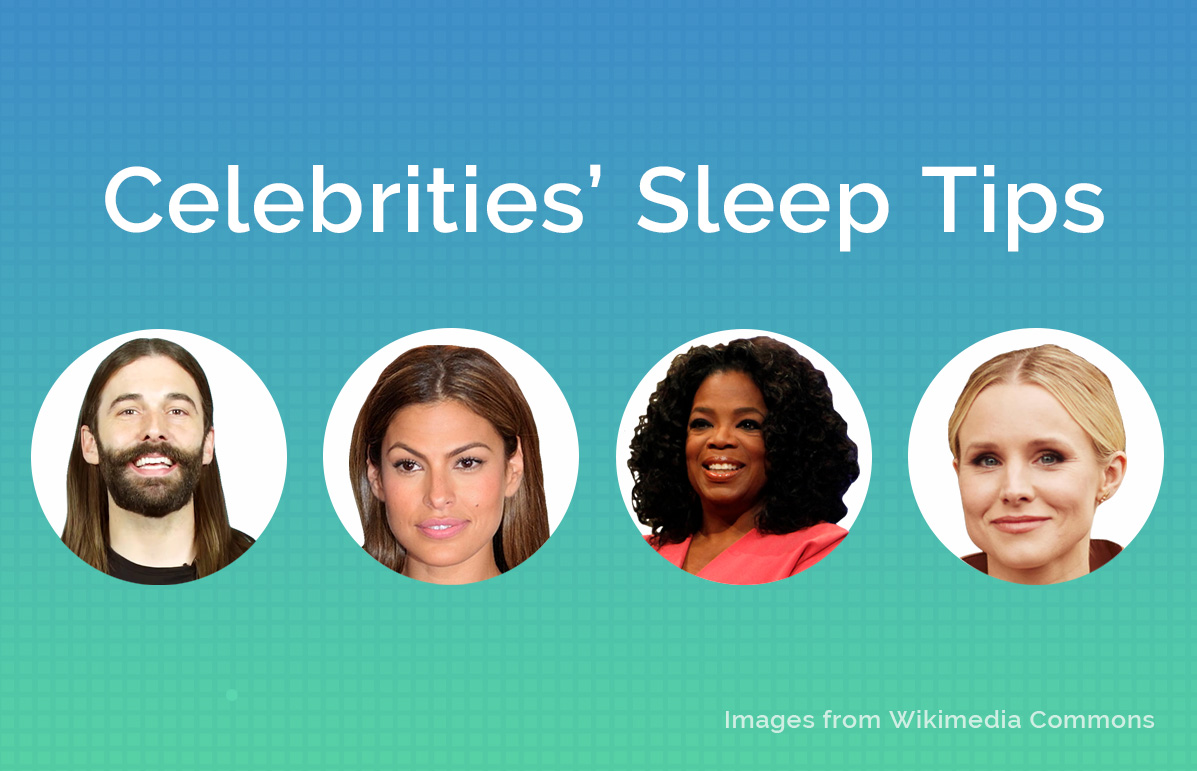
Being the CEO of one of the most popular athletic and footwear brands in the world doesn’t come easy. That could be why the CEO of Nike, John Donohue, makes sure to prioritize his sleep so he can always be ready for what comes his way in his bustling corporate American lifestyle.
You thought eight hours of sleep was enough, right? Not for Donohue. When it comes to constantly observing finances for the company and overseeing business relations in China, Donohue has many to-dos on his checklist that constantly pile up. That’s why sleep is essential for him to stay alert throughout his workdays.
With this unusual lifestyle, Donohue became aware of the risks it might impose on his well-being and health, such as heart disease and diabetes. That is when he decided to experiment with his sleep to see which sleep schedule would both help his health and performance at work.
Donohue revealed, in an interview with the Wall Street Journal, that he tries to aim for at least seven hours of sleep every night. When that doesn’t work out, he opts for his other sleep schedule, which includes getting 70 hours of sleep every 10 days. For those late nights spent working, Donohue said this sleep schedule is much more effective than aiming for a false reality where he’s consistently getting a full night’s sleep every night, especially as the CEO of a major, nonstop, worldwide company.
So are there any risks to this unique sleep schedule? You might also be wondering if this could work for you if your life revolves around your job. We brought in some sleep experts to see if this sleeping method could be suitable for all the workaholics out there and not just Donohue.
Should You Follow Donohue’s Method? An Expert Weighs In
We truly wanted to know if this sleeping method could gain popularity and become a new way of life. Dr. Carleara Weiss, a Sleep Science Consultant for Aeroflow Sleep, said that Donohue’s sleep schedule could potentially lead to social jetlag, a type of circadian rhythm disruption.
She said that social jetlag usually arises when one’s social and biological clock times are not aligned the way they should be.
“For example, the circadian rhythms make humans wake up at sunrise and fall asleep when it’s dark outside,” she told Sleepopolis. “However, social obligations with work and family impose different schedules, forcing wakefulness or sleep outside of our biological prime.”
This disruption in one’s sleep schedule can lead to issues in the workplace and also medical concerns that can last a lifetime such as dementia, cardiovascular disease, hormone disruption, and diabetes.
You might even find yourself craving more unhealthy foods and experience fatigue, irritability, and feeling sick more often due to a weaker immune system. Your tasks might be harder to complete since it’s difficult to pay attention when you lack sleep.
“Insufficient sleep causes difficulty with attention and concentration, irritability, and mood swings,” she said. “Those may reduce productivity and create an unpleasant work environment. In addition, poor sleep increases the risk of high blood pressure and impairs glucose metabolism, increasing the risk of type 2 diabetes.”
The list of concerns that come with this sleeping schedule leaves Weiss in a position to not recommend following Donohue’s sleep schedule (his successes, maybe). She said it is important to speak with a sleep specialist to tailor a schedule specific to one’s lifestyle or consider some other alternatives for improving sleep in your nightly life.
Some suggestions she gave included taking a 30-minute nap before 3 p.m. if you feel tired. She also suggested getting natural light every morning specifically after you have been awake for one hour.
No sleeping schedule is going to be perfect with the growing demands of our work and family. However, it’s important to be consistent with your sleep.
“Most people do not have control of work schedules and social demands with family,” she said. “However, we can and must control other habits, such as scrolling social media at bedtime, sedentarism, and unhealthy diet that affect our sleep and overall health.”
Sleep is the only time we get the chance to give ourselves a break from the expectations of our lives. So, it’s important to prioritize a schedule that makes you happy and live a fulfilling life.

6 Ways the Founder of Rise Science Manages His Sleep Debt

A Guide to Managing Financial Stress for Better Sleep

10 Celebrity Sleep Tips and Tricks For a Better, More Restorative Night’s Sleep
